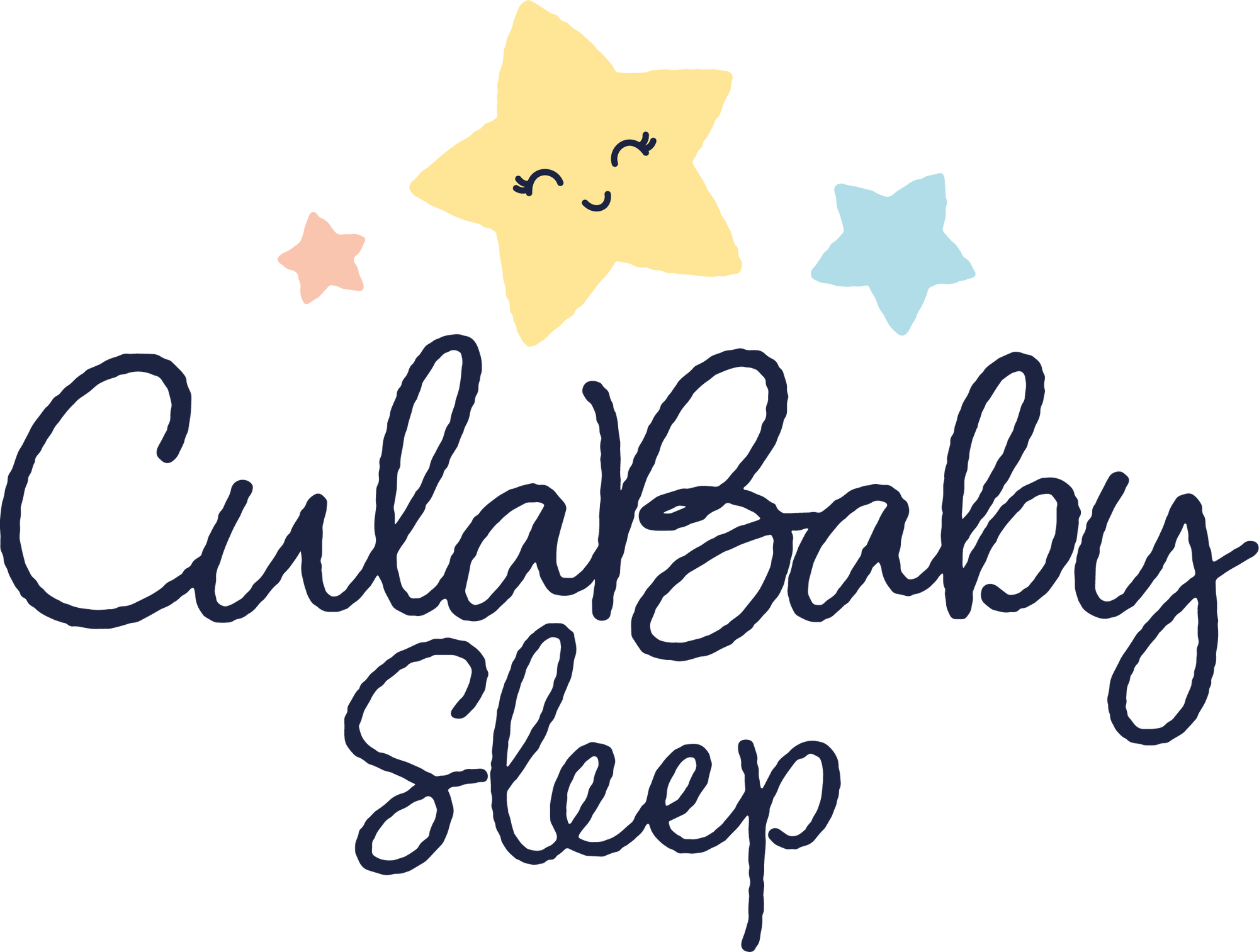July 10, 2024
I completely understand that the decision to sleep train your child can be extremely daunting especially due to the fact that there is a plethora of information out there either on the internet, social media or people have their own personal opinions that they too like to share. Trust me, I was one of those parents who used the internet for answers and became even more confused.
As a Child Sleep Consultant, many parents come to me exhausted and worried, fearing that sleep training might harm their child.One common question is whether they need to leave their infant or child to “Cry It Out?” I can hear the worry and concern in their voices.
This method is highly debated, yet there is substantial research supporting its effectiveness in helping infants self-soothe, enjoy consolidated sleep, and establish healthy sleep habits.
The "Cry It Out" method, including its variations like controlled crying or graduated extinction , has been shown through research involving large sample sizes and thorough assessments to improve sleep without causing adverse stress responses. These studies indicate that such methods do not negatively impact infant behavioural development or parent-child attachment.These approaches allow for parents to respond to their child's needs while gently encouraging them to self soothe. This helps in fostering a secure attachment and reducing stress for both parent and the child.
When considering sleep training, it's crucial to tailor the approach to your child’s unique needs. Each child responds differently, and when implementing strategies you should consider your child's temperament and the resources available to you. Sleep training is not about neglecting your child's cries but about establishing a consistent bedtime routine, creating a safe sleeping environment, and gradually teaching self-soothing skills while responding to genuine distress.
Sleep training, when done appropriately, does not harm your child. It equips them with the ability to self-soothe—a valuable skill for their development. Research also highlights the importance of starting sleep training at a biologically appropriate age, typically no earlier than 4 months, when your child is developmentally ready.
It’s essential to understand that sleep training also benefits parents. It has been shown to improve infant sleep patterns and reduce parental stress and maternal depression. The goal is to foster healthy sleep habits that benefit the entire family.
I know I have used the words sleep training a lot on this article, but this was for the purpose of this article, and the term I find most parents using when they want to improve their child's sleep, But, in fact don't like to use the words sleep training.It often brings to mind something rigorous and overwhelming, like cramming for an exam or preparing for a race, especially when your already running on empty.I prefer to talk about establishing good sleep habits.It's less about a strict regimen and more about tuning into your child's natural sleep patterns and rhythms.
As a Child Sleep Consultant, I understand how overwhelming the decision to sleep train or improve your child’s sleep can be. Remember, you're not alone in this journey. I'm here to support you with empathy and expert guidance, ensuring a positive experience as we work together to establish healthy sleep habits for your child and bring peace back to your nights.
Why not book a Free 15 Minute Sleep Discovery Call on my website. We can chat about your child's sleep struggles and how we can work together to improve them, getting sleep for the entire family.
Choose the perfect package to help your child sleep better with our child sleep consultancy packages
2 Week Support Package 4 Week Support Package 60 Minute Guidance CallComments will be approved before showing up.
March 12, 2025

